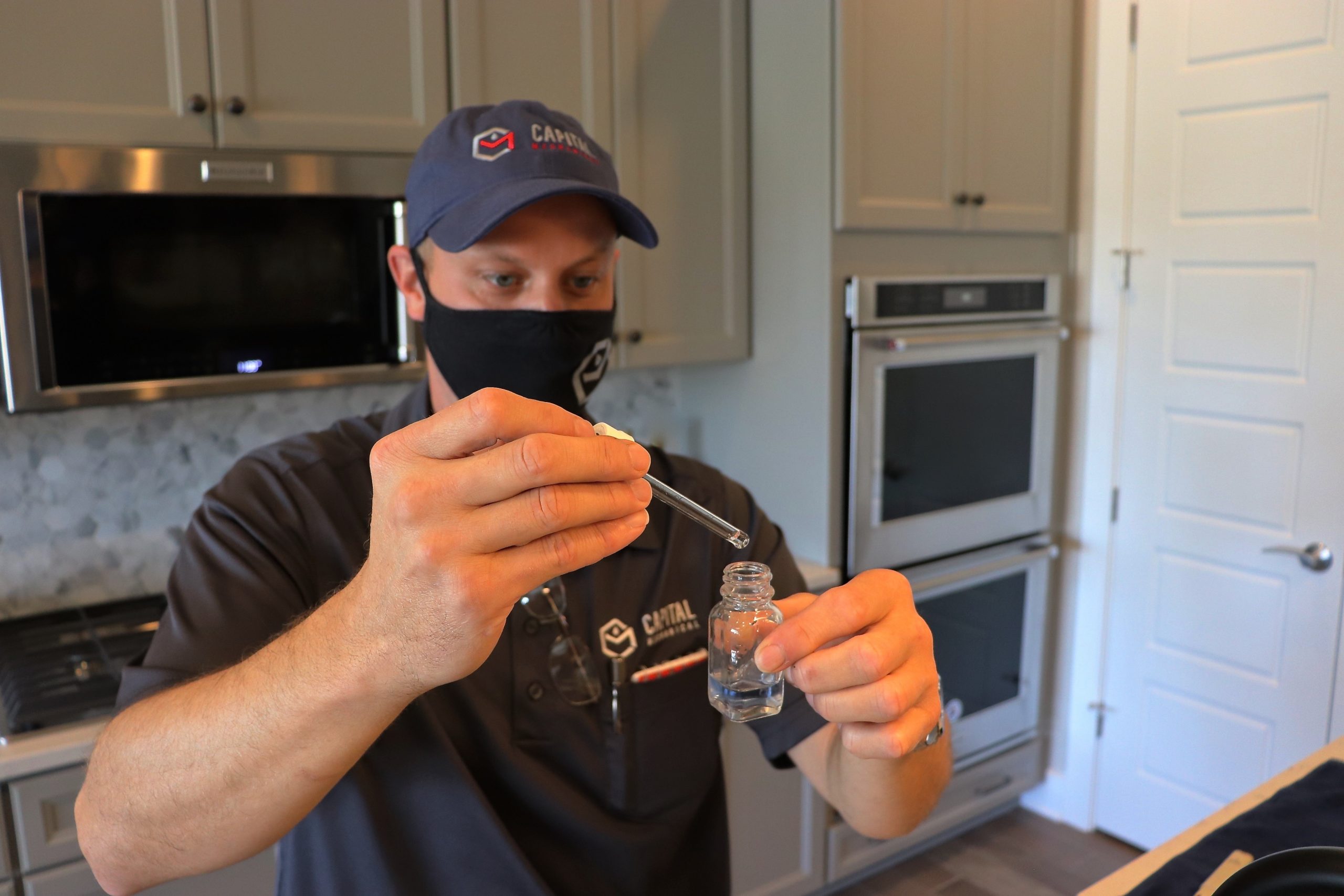Have you ever woken up on a cold morning expecting a nice, hot shower but when you get in it’s like stepping into a polar plunge? It’s a scenario that happens every day in many homes and it’s precisely when unsuspecting homeowners first notice the problem. And then, it suddenly dawns on them that they have never had their water heater checked. Water heaters truly become the heart of your home’s plumbing. We call it the heart, because it’s either heartwarming when it’s running perfectly…or heartbreaking when it fails. To keep the water heater heartbreak at bay, we recommend treating it like any other household appliance and having it put on a regular maintenance schedule.
The most important aspect of water heater maintenance is an annual flush. With water heater manufacturing becoming more energy efficient, some manufacturers will recommend an annual water heater flush, or they’ll void the warranty. Proper water heater maintenance ensures safety, efficiency, and longevity and if not maintained properly, they will breakdown, and usually in the most inopportune times (like the cold shower).
Here Are Some Water Heater Repair Warnings
Lukewarm Water:
Does your shower take a long time to heat up only to produce lukewarm water? If so, then your water heater probably has a lot of sediment buildup and needs service. Water heaters work by warming the water from the bottom of the tank. However, when hard water leaves behind sediment, it builds up over this heat source. As a result, the heat has a hard time reaching the water, producing lukewarm results. This excess sediment also takes up extra space in the tank, leaving less room for water. So, you will also have less warm water to use because your tank won’t have as much capacity.
Higher Energy Bills:
Another sign to watch out for is how much money you’re paying for your energy bill. Unfortunately, sediment buildup causes the burner to work overtime to get you hot water. So, if you see your energy bills increasing each month, you should check your water heater because it may be the culprit.
Sediment Coming Out of Your Faucets:
When too much sediment is in your water heater, it may also start finding its way into your faucets and showerheads. The buildup of these particles can clog your plumbing and damage your pipes. It can also cause dry, itchy skin and dry, brittle hair if you bathe in the water. Fortunately, a quality water softener can help prevent these problems by removing excess rock from the water.
Loss of Water Pressure at High Temperatures:
Excess sediment buildup in your water heater can also cause a lack of water production. As a result, you will have low water pressure but only when you turn the water temperature up.
Leaking Water from Your Tank:
Regardless of the age of your water heater, you should not take leaks lightly. Even smaller leaks can result in catastrophic structural damages to your home over time. But if left unattended, small leaks can become major leaks and unleash thousands of gallons of water within hours of a sudden structural failure.
Your Water Heater is More Than a Decade Old:
On average, the typical water heater lasts 8-10 years. However, the harder your water is and the more regularly you use it, the shorter its life span will be. A lack of regular maintenance will make this timeframe even shorter.
Most manufacturers’ warranties expire after 5-8 years. If that’s already happened for your water heater, we recommended you look for methods to prolong its life or replace it completely.


